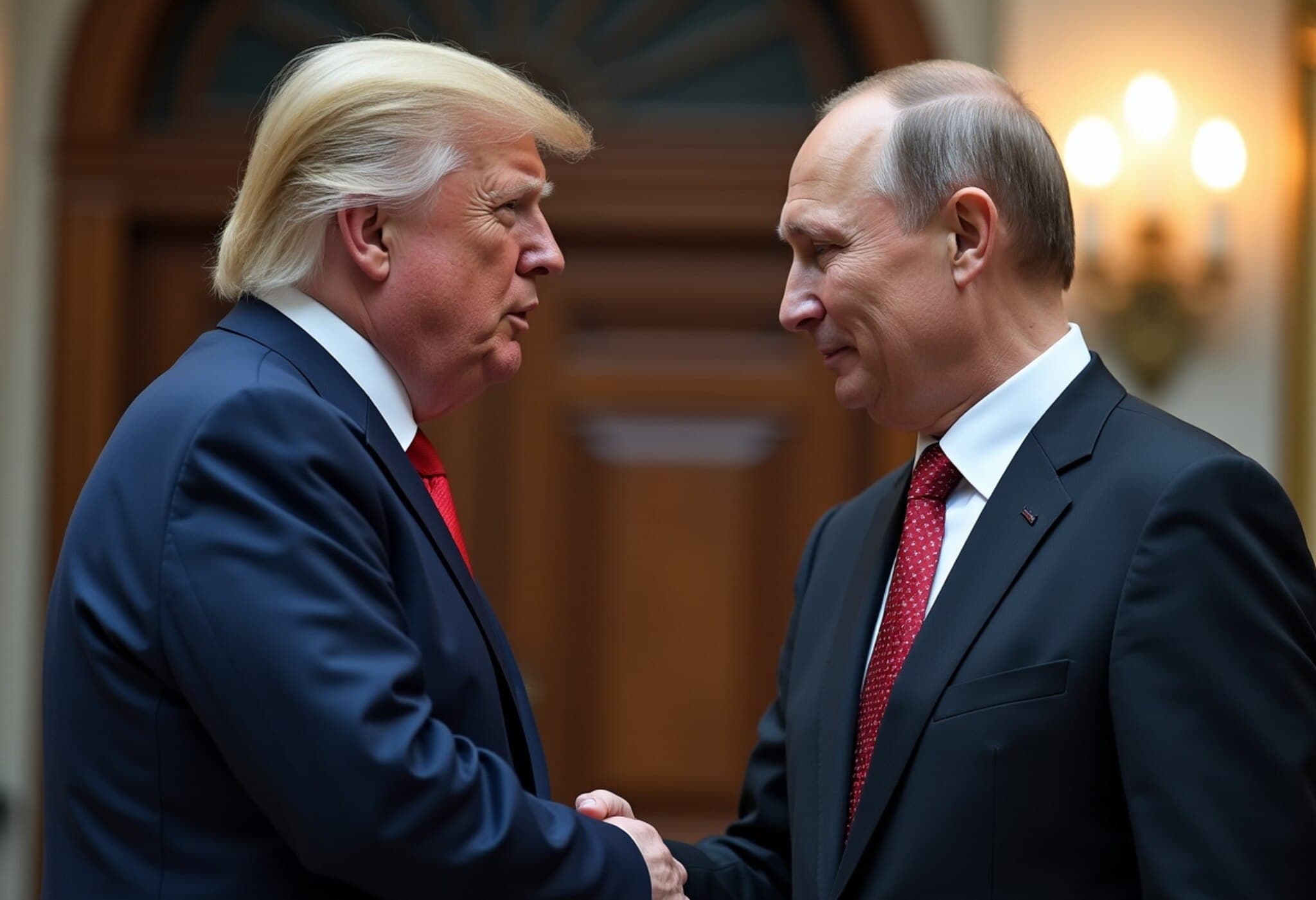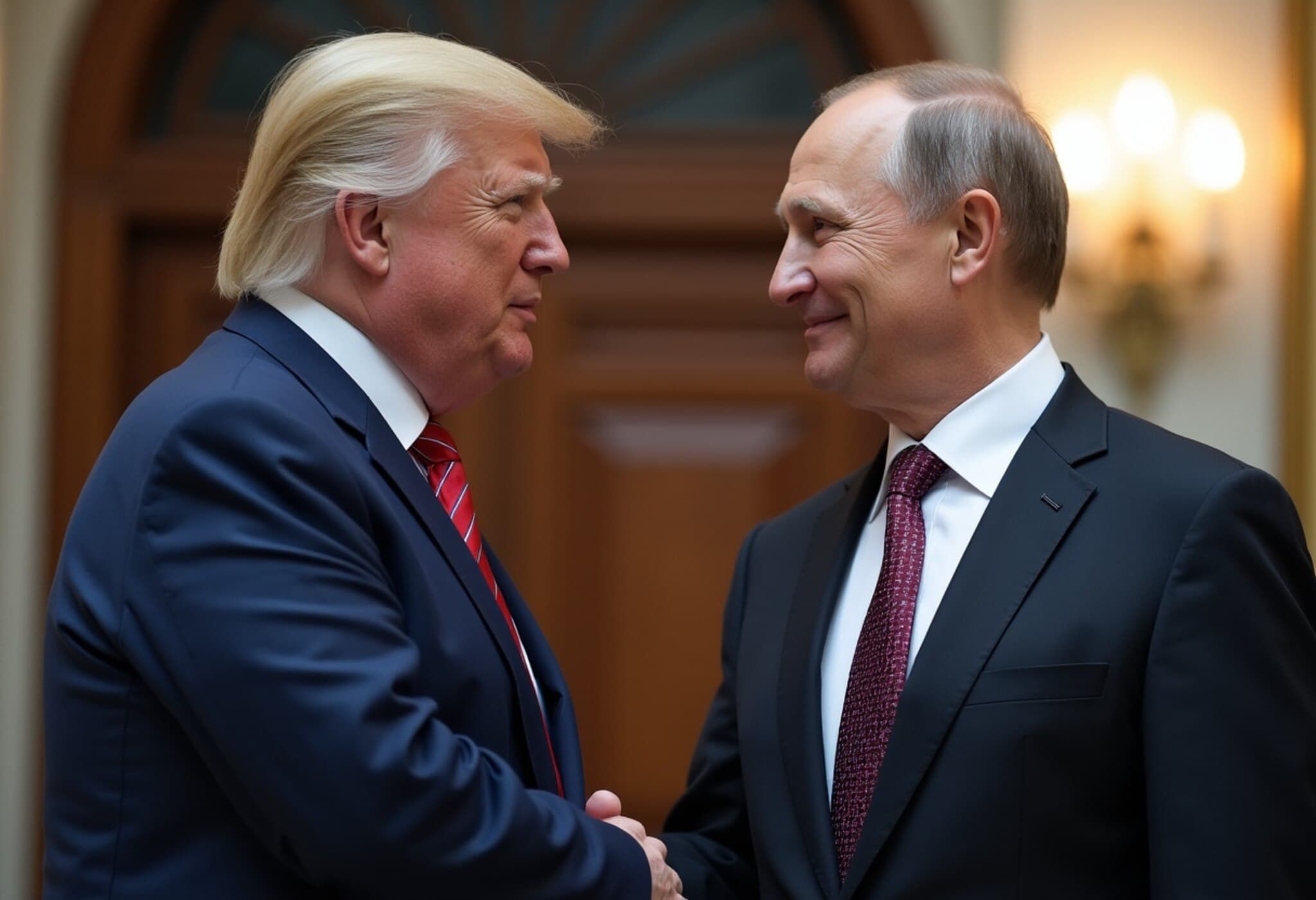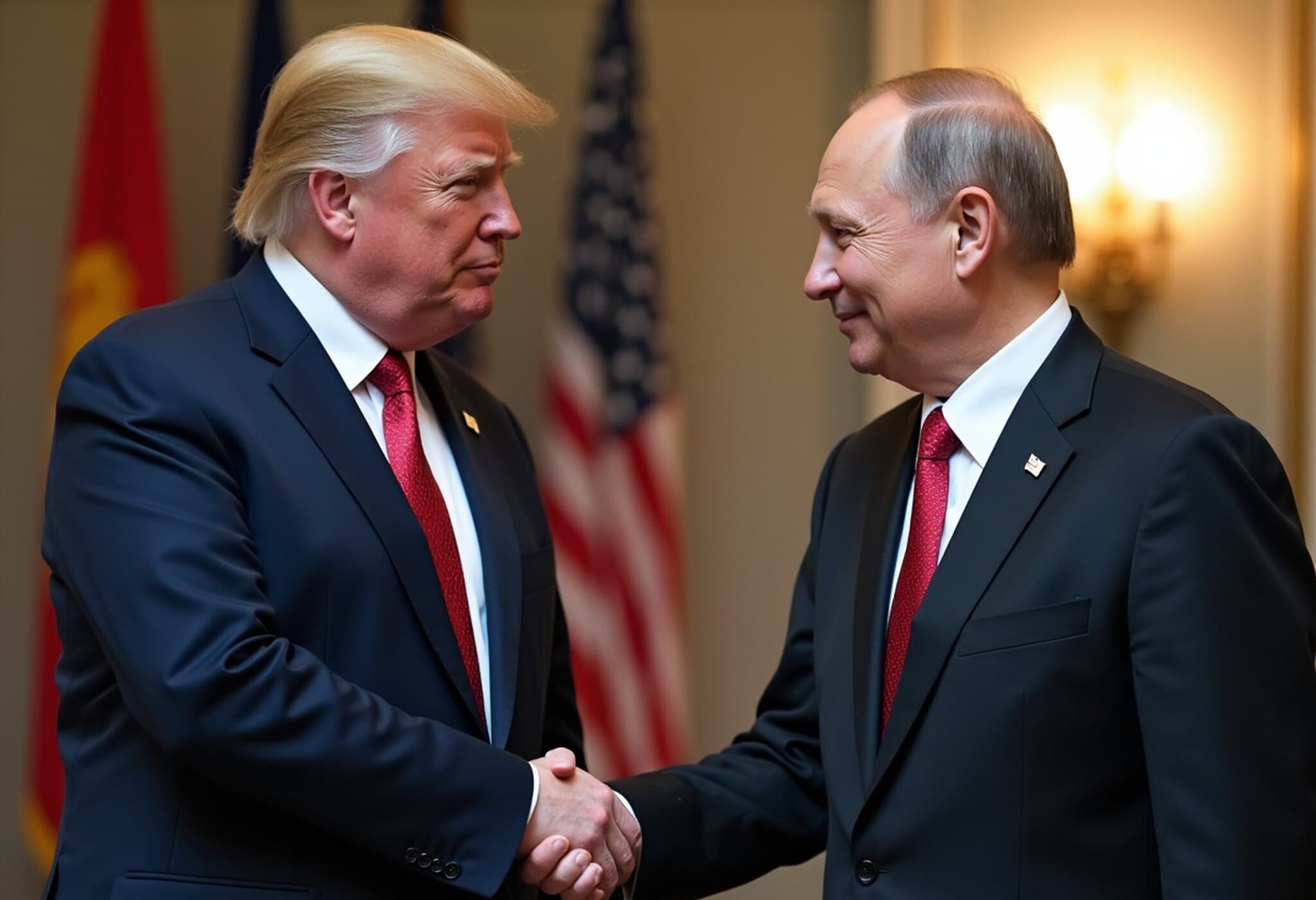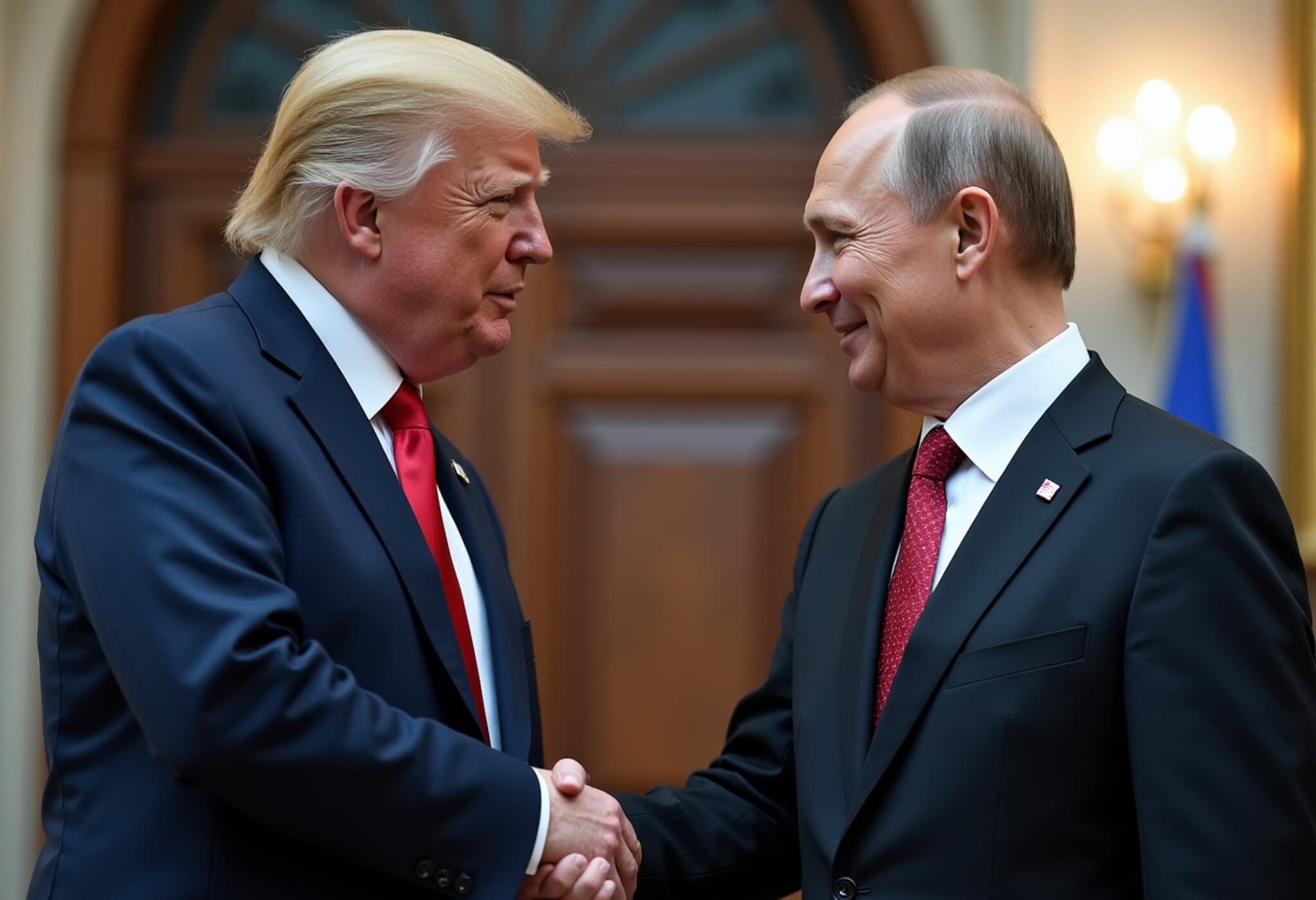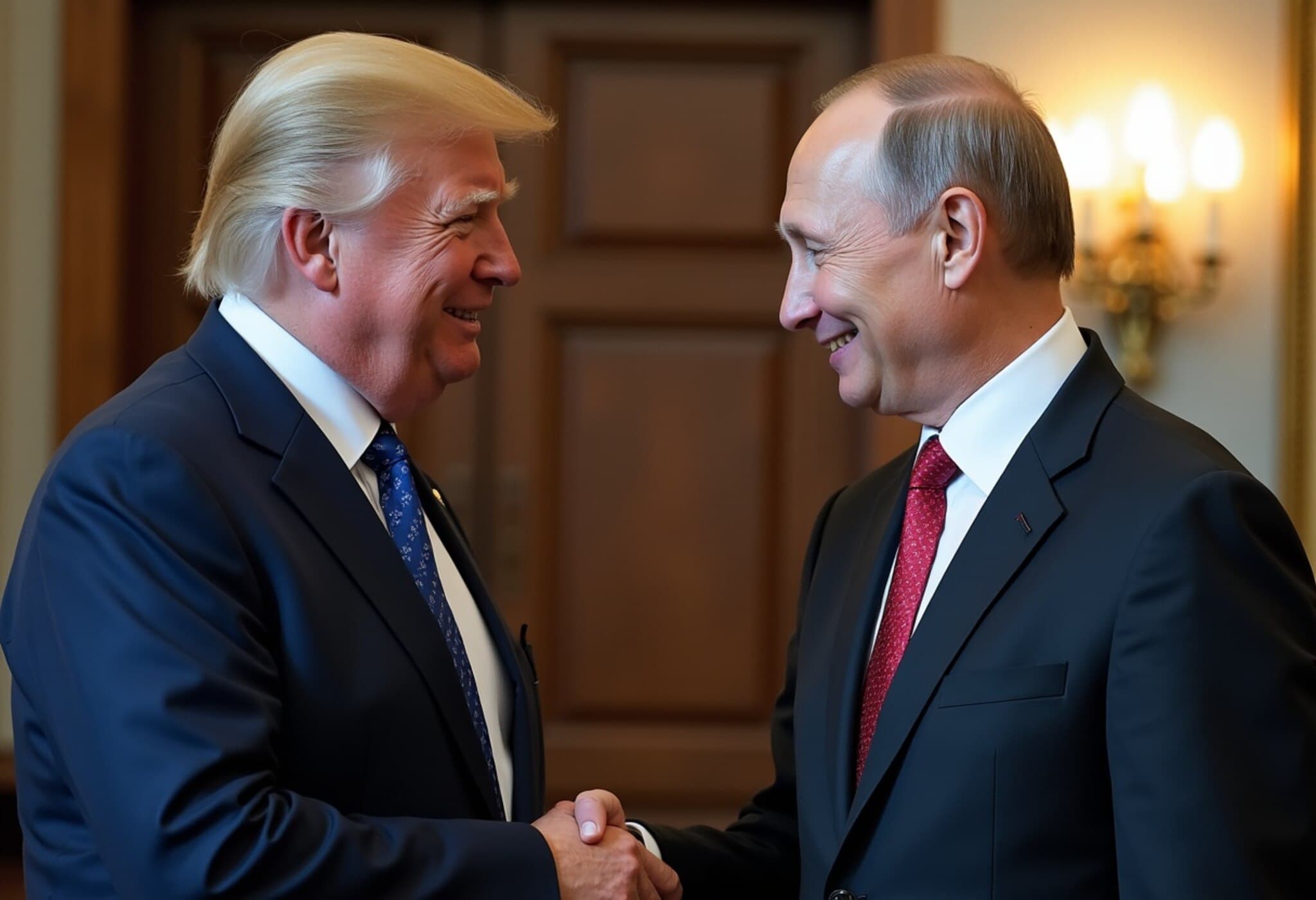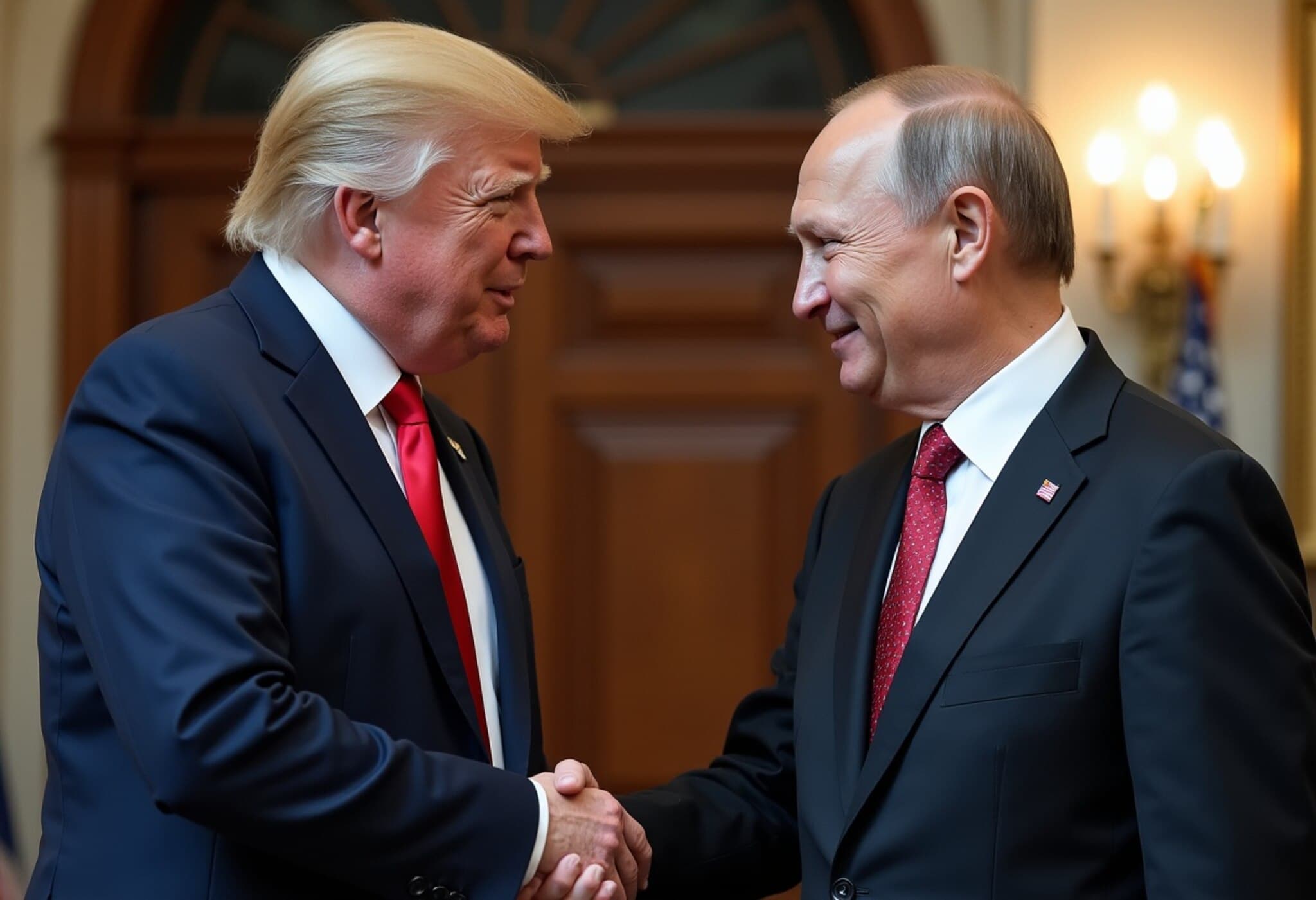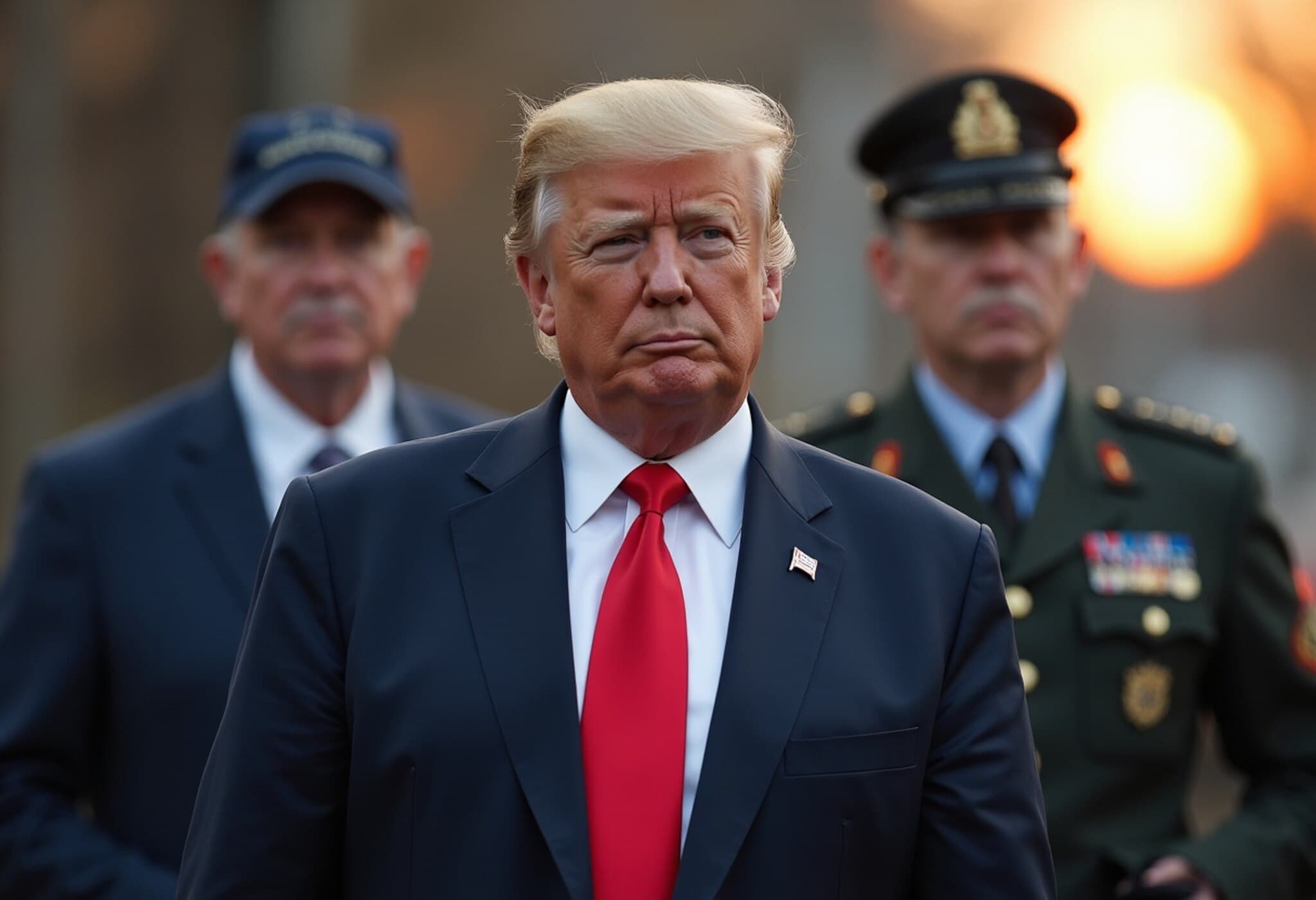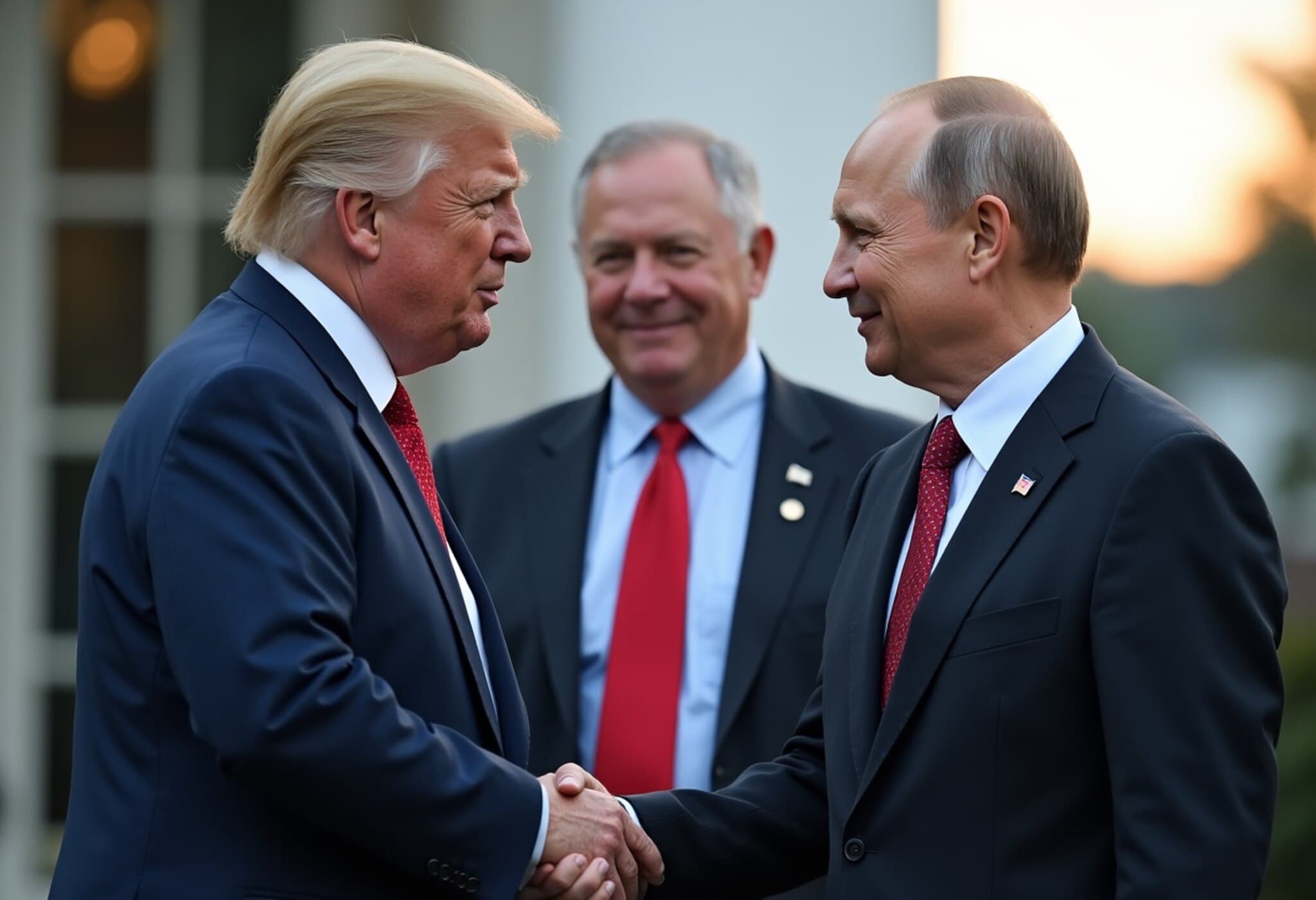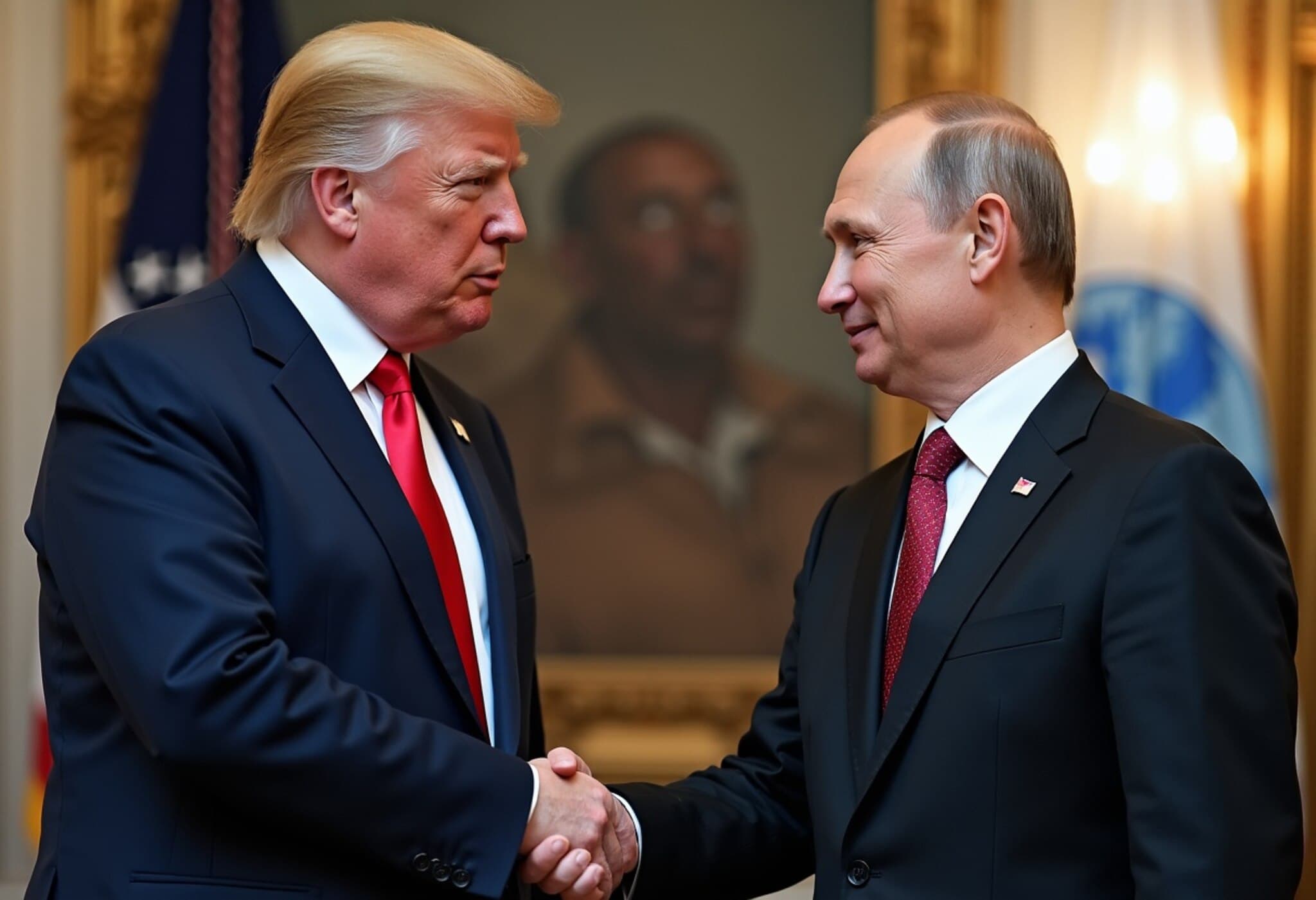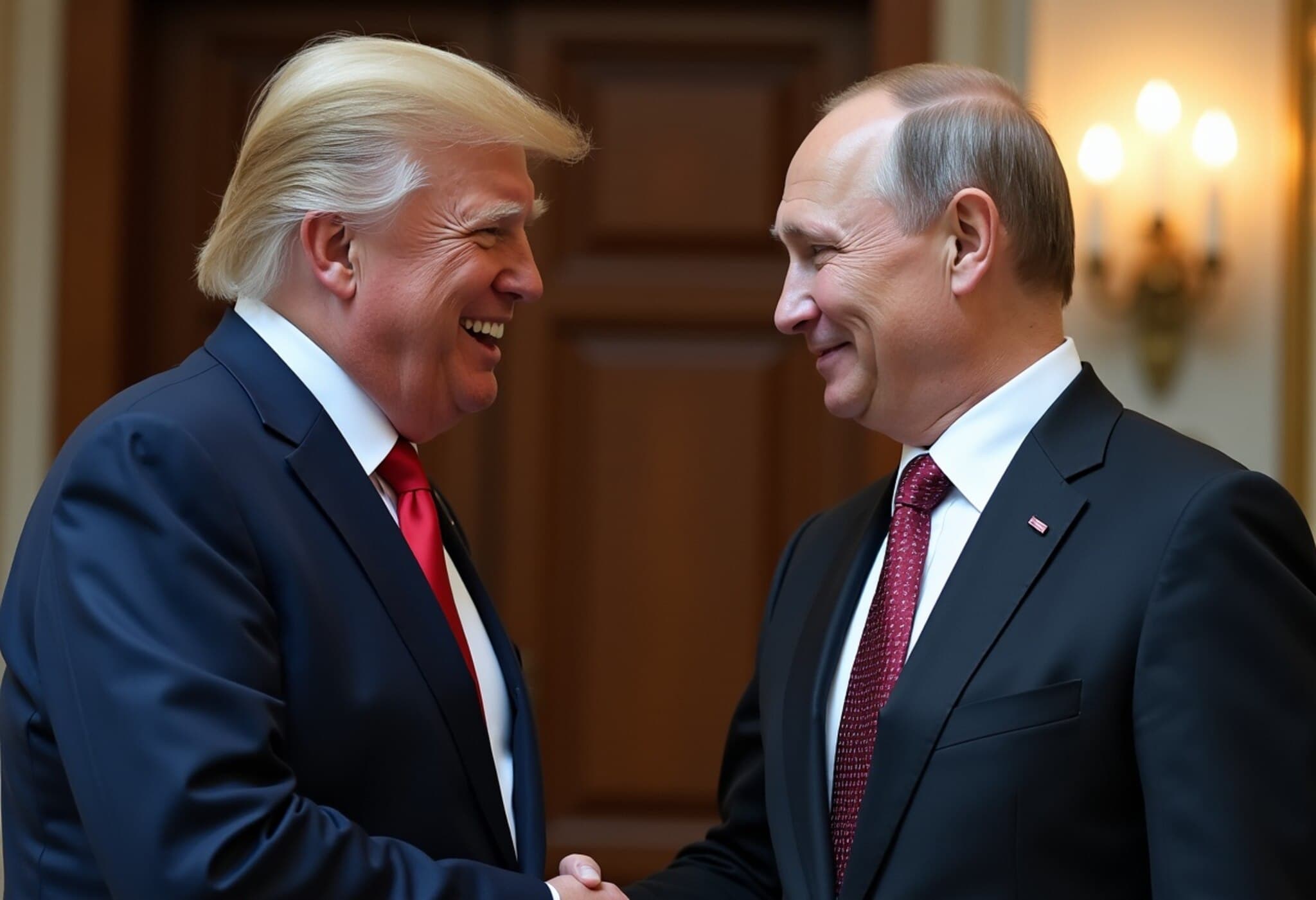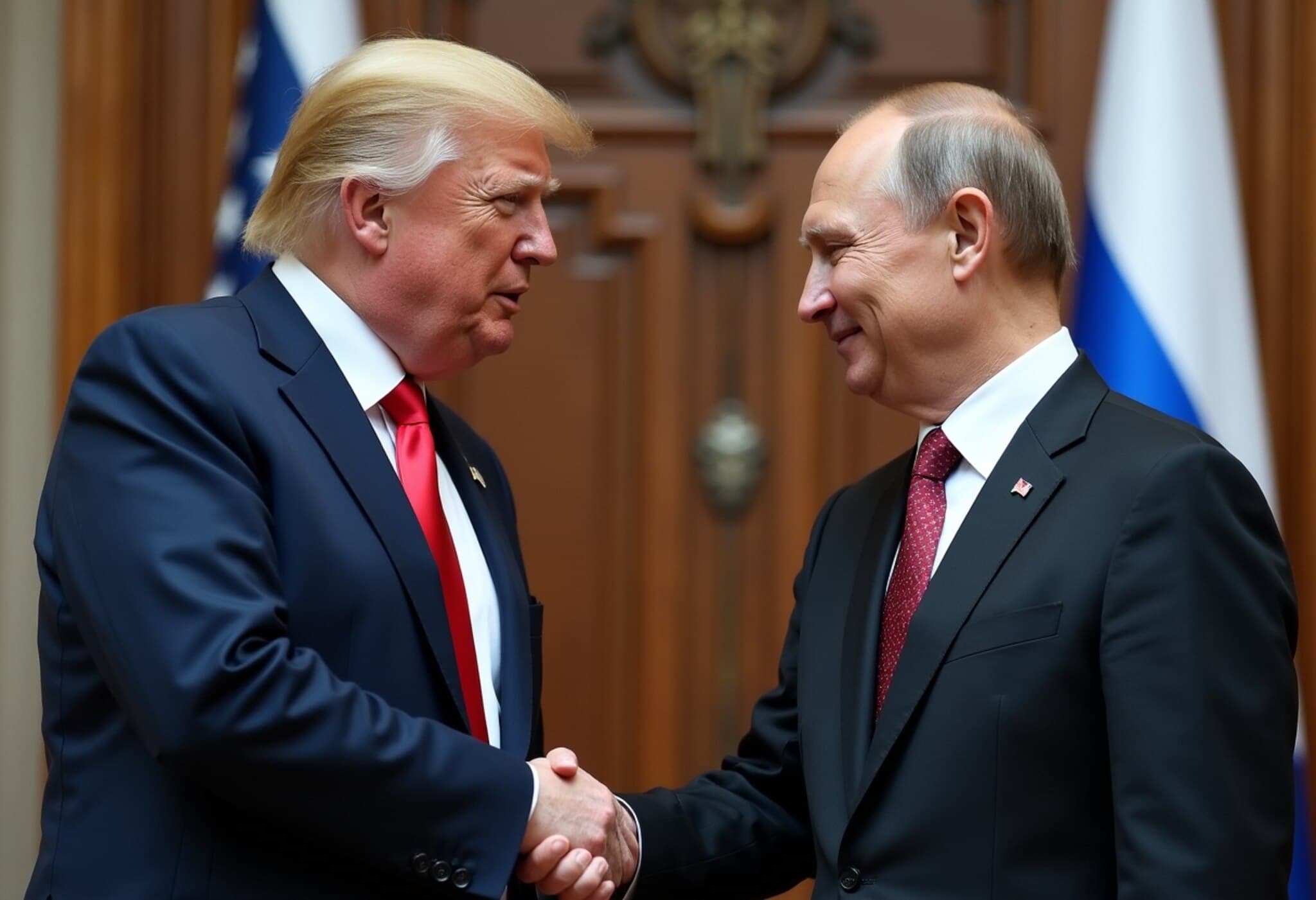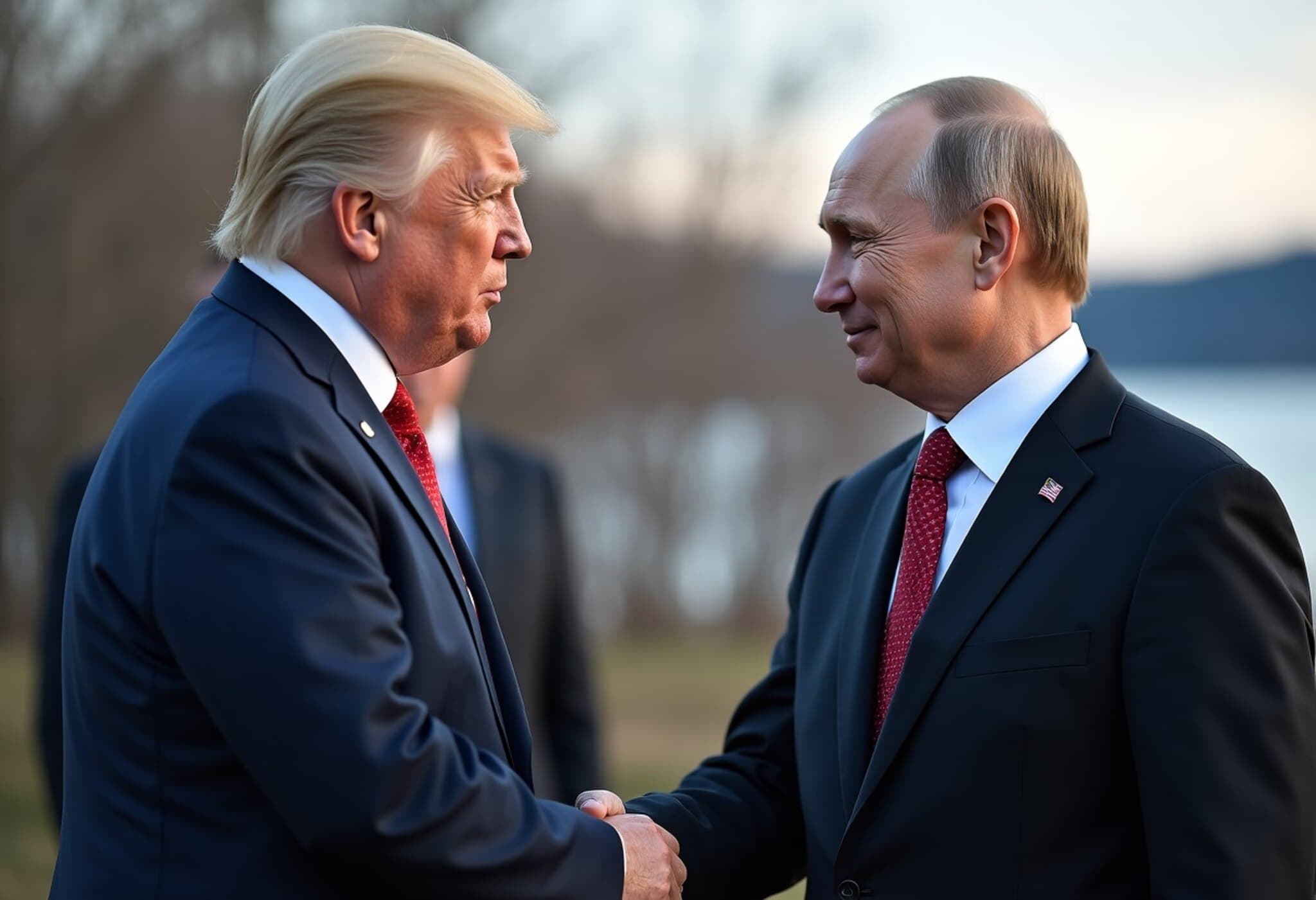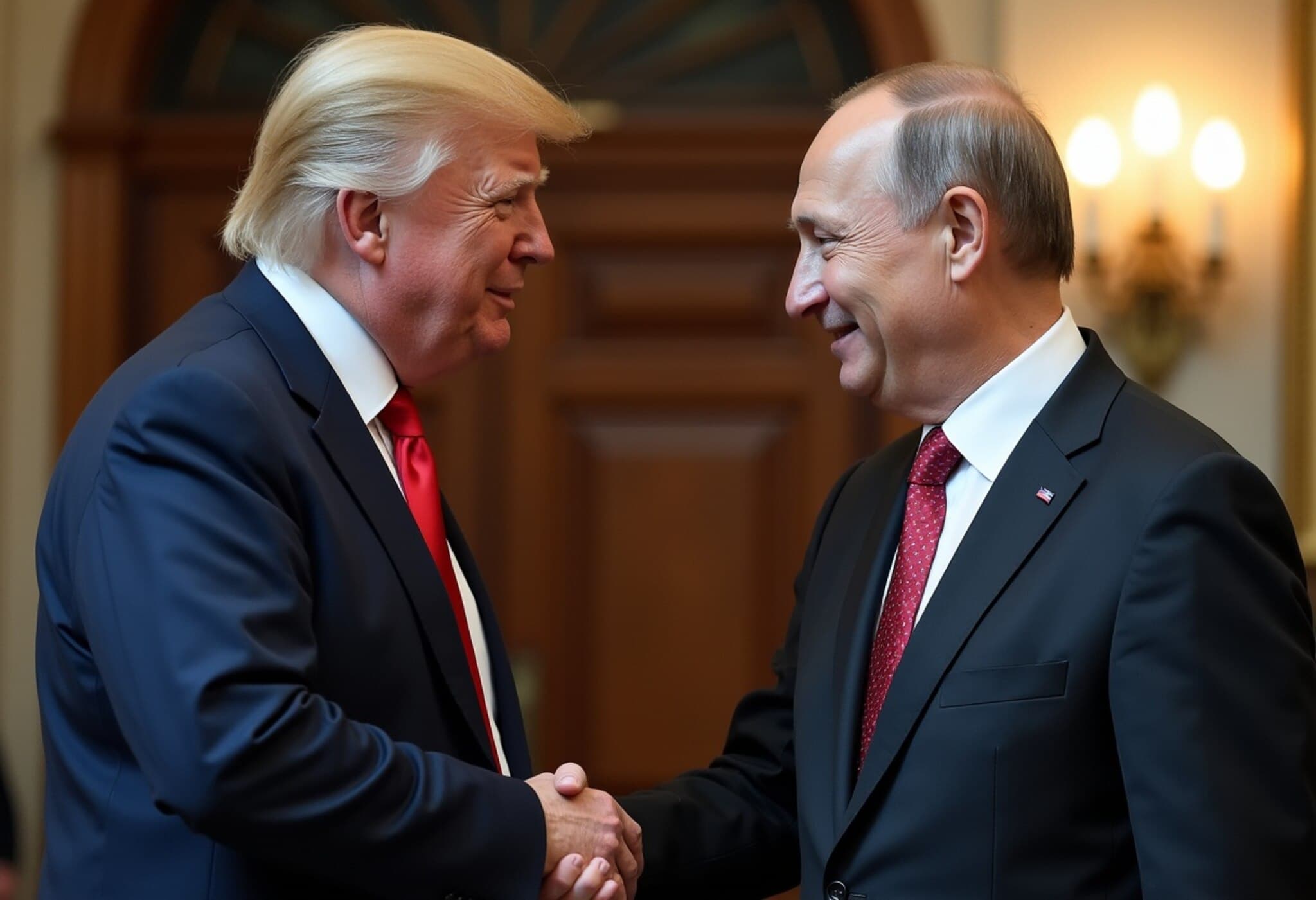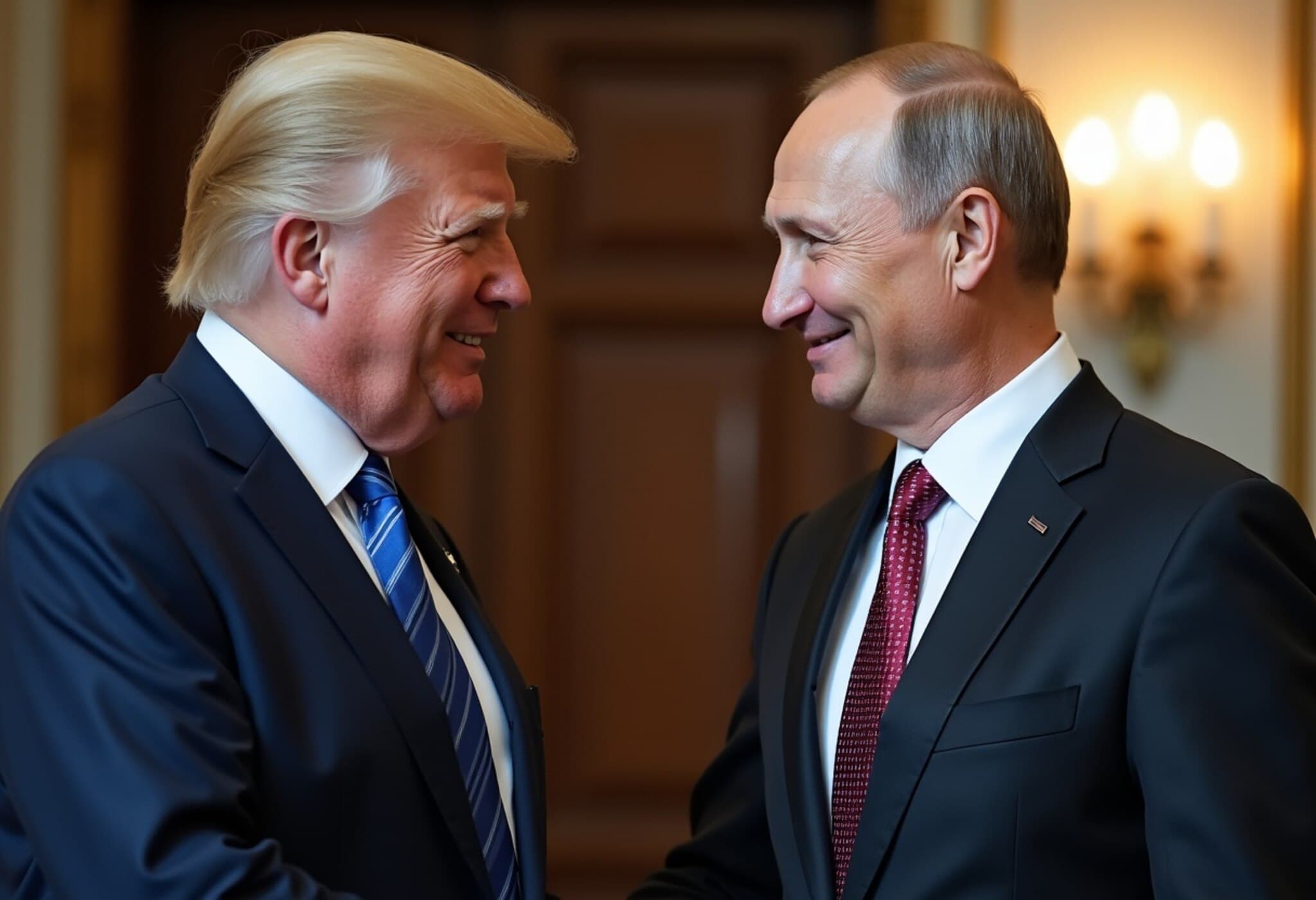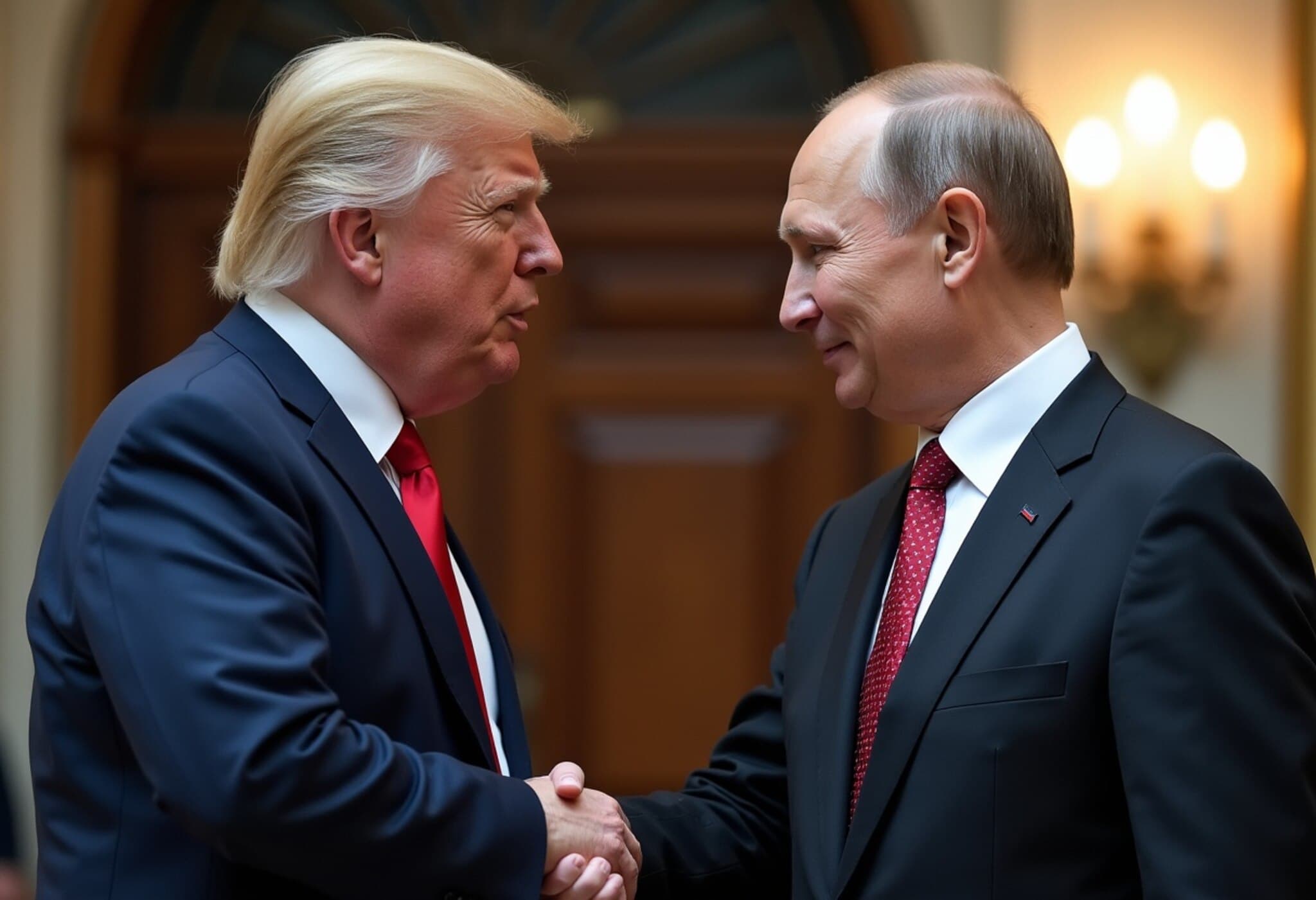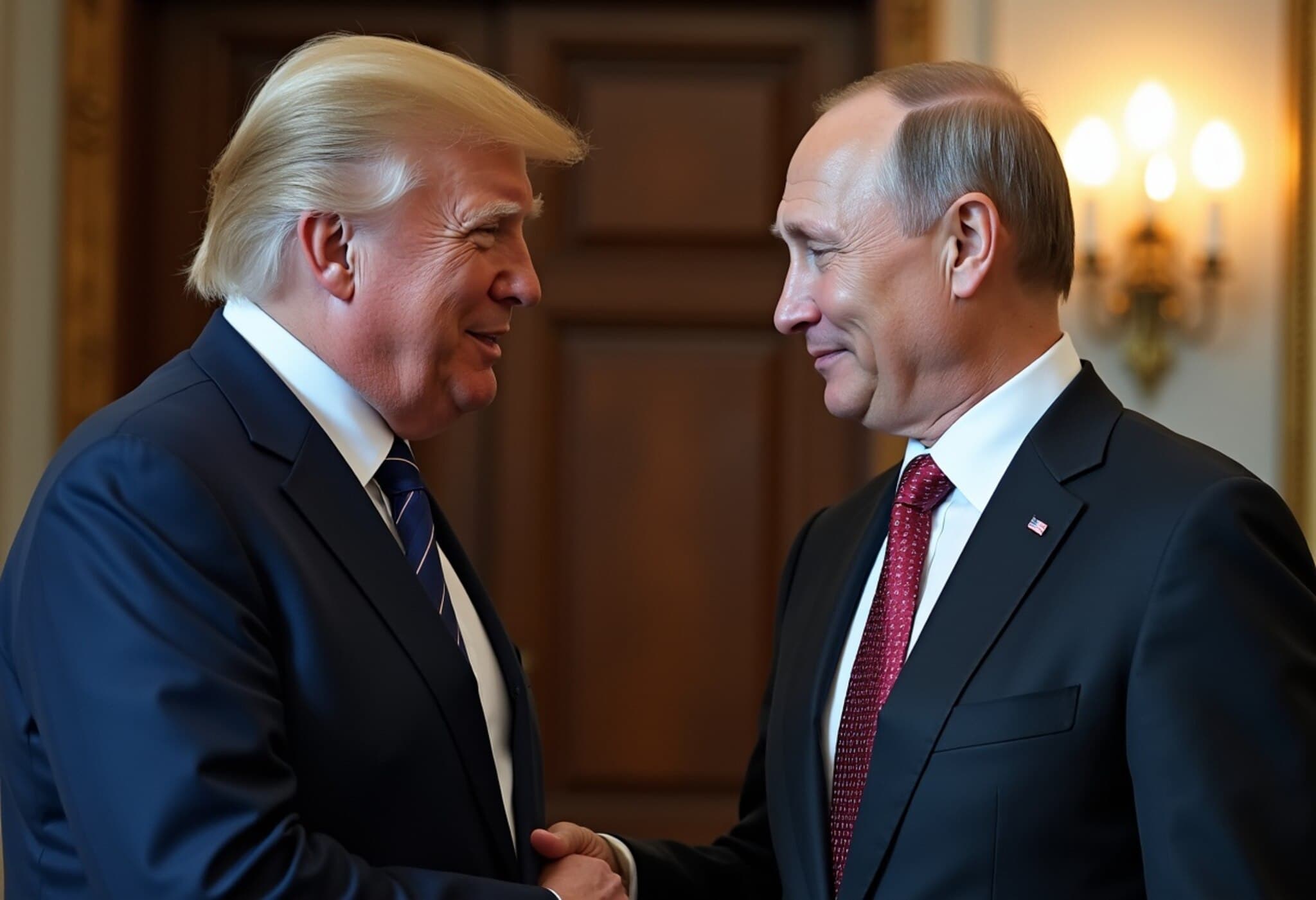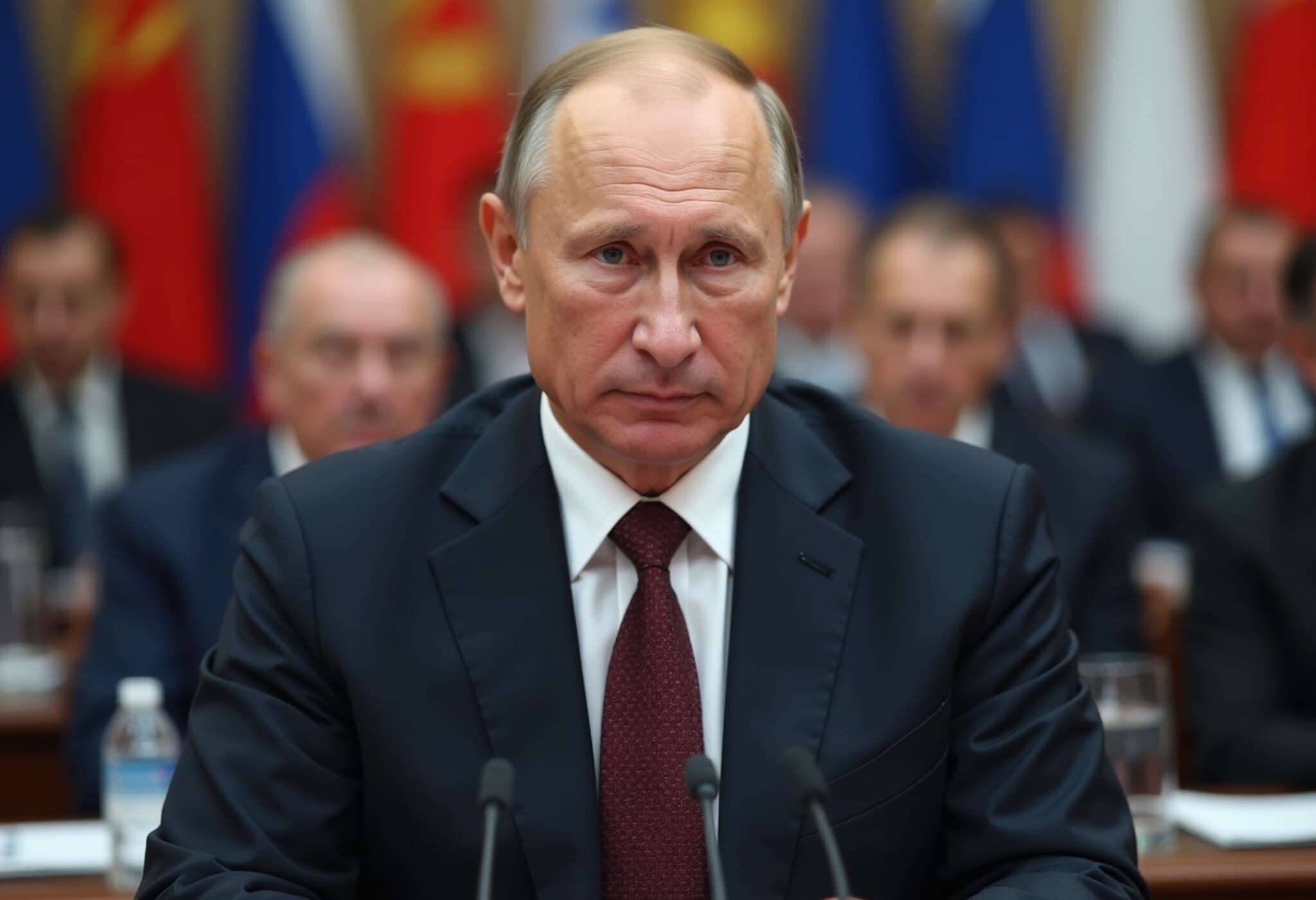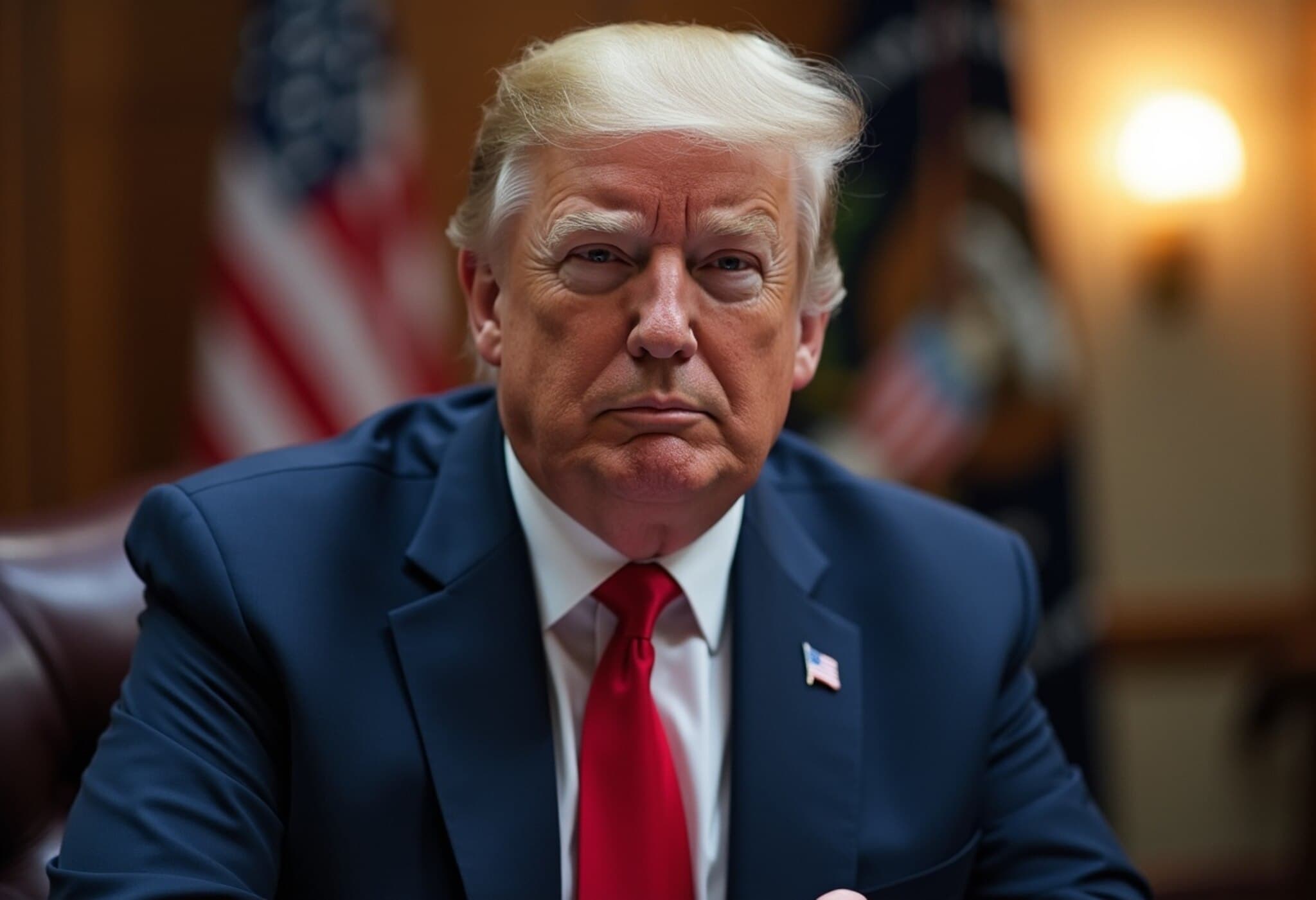Trump’s Ukraine Ultimatum: A Stark Policy Reversal
In a dramatic pivot, former US President Donald Trump publicly demanded that Russian President Vladimir Putin end the war in Ukraine within 50 days. If Russia fails to comply, Trump threatened to unleash sweeping economic sanctions alongside an influx of weapons to Kyiv. This marks a sharp departure from Trump’s earlier attempts at friendly, personal diplomacy, underscoring the mounting frustration at Moscow’s continued aggression.
From Confidence to Confrontation: Trump’s Changing Stance
Only months ago, Trump confidently asserted he could end the devastating Ukraine conflict in a mere 24 hours. Yet six months later, the harsh reality has set in: Putin remains intransigent, ignoring repeated overtures and escalating missile strikes despite cordial private conversations with Trump.
Speaking alongside NATO Secretary General Mark Rutte at the White House, Trump expressed palpable exasperation: “We’re going to be doing very severe tariffs if we don’t have a deal in 50 days, tariffs at about 100 percent,” he warned, underscoring his dissatisfaction with Putin’s unwillingness to negotiate seriously.
Understanding the Significance: Putin’s Strategic Gambit
Putin’s calculated disregard for Trump’s diplomatic efforts reveals a broader geopolitical strategy. Intelligence assessments suggest Putin is banking on time, anticipating fractures within Western alliances and betting on Trump’s eventual impatience. As US military aid to Ukraine faced delays and sanctions threats lost credibility, Russia intensified its military offensives — an approach that effectively undermined Trump’s political standing and exposed the limits of personal diplomacy.
Putin’s Tactics: Exploiting Trump’s Ego and Naivety
- Putin repeatedly rebuffed Trump's calls, continuing missile strikes even during warm private talks.
- Trump’s earlier public criticisms of Ukraine’s President Zelenskyy and suspension of US intelligence-sharing alienated Kyiv and emboldened Moscow.
- Moscow’s military escalation appears aimed at humiliating Trump personally and politically.
As a White House official candidly admitted, Trump privately now feels like “the junior partner” in his dealings with Putin, highlighting the profound challenge the US faces in negotiating with a leader who treats geopolitics as a personal power play.
Domestic and International Reactions: Mixed Signals and Skepticism
Trump’s sudden toughness has not fully restored his credibility. Within the US, Republican leaders like Senator Thom Tillis downplayed the aggressive rhetoric, suggesting it was “not to be taken literally,” while Democratic lawmakers cautiously welcomed increased military aid but criticized Trump’s inconsistent approach.
Across the Atlantic, European allies remain wary. After years of experiencing Trump's transactional diplomacy, leaders like Estonia's Kaja Kallas find the 50-day deadline insufficiently urgent. Germany’s Chancellor Friedrich Merz pledged continued support to Ukraine without endorsing Trump’s methods, reflecting broader skepticism about Washington’s reliability under Trump.
Voices from the Frontline
Ukrainian soldiers express cautious optimism. A fighter known as Grizzly told AFP, “Better late than never,” capturing the mood of tentative hope mixed with lingering doubts about the durability of US commitment.
Russia’s Reaction: Mockery and Defiance
Russian officials, including former President Dmitry Medvedev, dismissed Trump’s ultimatum as theatrical posturing. Foreign Minister Sergei Lavrov remarked with sarcasm on the recurring deadlines attached to US ultimatums, signaling Moscow’s confidence in weathering sanctions.
Even as the US ramps up military support, including delivering Patriot missile batteries through NATO, Kremlin insiders deride Trump’s actions as serving the US military-industrial complex more than Ukraine itself.
The Road Ahead: Can Trump Deliver on His New Threats?
Trump now faces a critical juncture: will he stand firm and enforce his sanctions threat, or will he backtrack, risking further erosion of US standing on the global stage? The 50-day deadline coincides ominously with the end of Russia’s summer offensive, potentially enabling Putin to consolidate territorial gains before any meaningful negotiation occurs.
Strategic analysts caution European nations to prepare contingency plans, recognizing the volatility of US policy under Trump. Former CIA officer Marc Polymeropoulos summed up the prevailing skepticism, “Europe needs to still plan with the idea that the US is not a reliable ally, because Trump can still change his mind.”
Expert Commentary: The Complexity Behind the Headlines
Evelyn Farkas, former Pentagon official, noted the paradox of Trump’s approach: while the increased weapons supply could shift battlefield dynamics, Trump’s unpredictable track record and personal diplomacy style foster doubts among both allies and adversaries.
Moreover, Senator Jeanne Shaheen highlighted the dangers of overly optimistic personal diplomacy, emphasizing the importance of consistent, principled policy to counter Putin’s manipulation.
Editor’s Note
Trump’s dramatic and somewhat belated pivot on Ukraine underscores the perils of a leadership style heavily reliant on personal rapport in complex international crises. Putin’s ability to outmaneuver Trump not only reflects strategic patience but also highlights the limits of transactional diplomacy in confronting aggressive autocrats. As the situation evolves, the resilience and unity of Western alliances will be tested, underscoring the need for steady, credible policymaking over impulsive gestures. Readers might ponder: In geopolitics, can personal diplomacy ever substitute for coherent strategy? And how might fluctuating US policies affect the broader struggle for Ukraine’s sovereignty and global stability?

